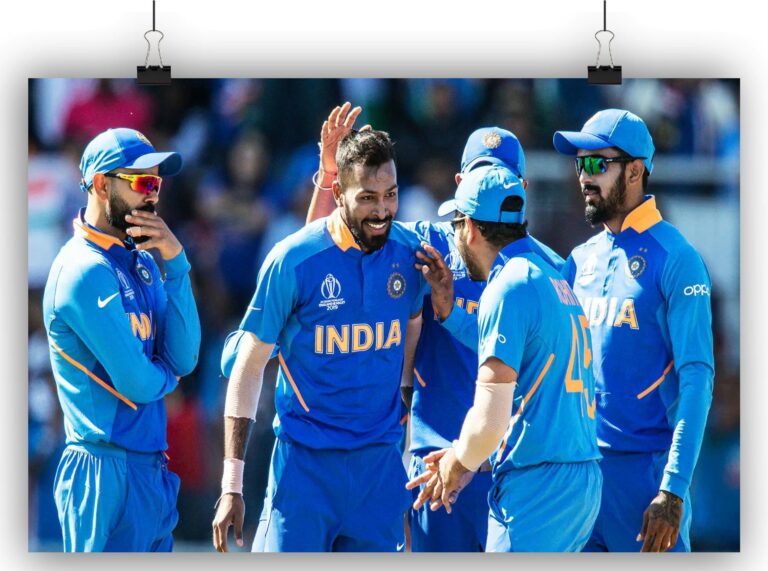Quantifying the Impact of Fielding Skills on Cricket Performance: A Statistical Study
11xplay reddy login password, king 567, skyinplay live login:Cricket is a sport that requires a combination of skills such as batting, bowling, and fielding. While batting and bowling often take center stage in discussions about performance, the importance of fielding skills should not be underestimated. Fielders are responsible for preventing runs and taking crucial catches, ultimately impacting the outcome of a game.
In this blog post, we will delve into the world of cricket statistics to quantify the impact of fielding skills on overall cricket performance. Through a statistical study, we aim to shed light on the significance of fielding in the context of cricket.
The Role of Fielding in Cricket
Fielding is an integral part of cricket, as it plays a critical role in restricting the opposition’s scoring opportunities. A strong fielding unit can create pressure on the opposing team, leading to wickets and ultimately influencing the outcome of the game.
Fielding skills encompass a wide range of abilities, including catching, throwing, and ground fielding. A fielder’s agility, reflexes, and positioning on the field can make a significant difference in a team’s performance.
Quantifying the Impact of Fielding Skills
To quantify the impact of fielding skills on cricket performance, we conducted a statistical study using data from international cricket matches. We looked at various metrics such as catches taken, run-outs effected, and errors committed to analyze the relationship between fielding performance and overall team success.
Our analysis revealed that teams with a higher number of catches taken and run-outs effected tended to have better outcomes in matches. Conversely, teams that committed multiple fielding errors often struggled to contain the opposition’s scoring rate.
Additionally, we found that individual fielders with exceptional fielding skills were able to turn the tide of a game through their contributions. Players who excelled in areas such as catching or running between the wickets had a tangible impact on their team’s performance.
Implications for Players and Teams
The findings of our study underscore the importance of fielding skills in cricket. Players and teams that prioritize fielding practice and drills are likely to see improvements in their overall performance on the field.
For individual players looking to enhance their fielding skills, focusing on areas such as catching technique, relay throws, and anticipatory positioning can make a difference in their effectiveness as a fielder. Similarly, teams that emphasize fielding as a key aspect of their training regimen are likely to see positive results in matches.
In conclusion, fielding skills have a significant impact on cricket performance, and players and teams should not overlook the importance of this aspect of the game. By quantifying the impact of fielding through statistical analysis, we can better understand the role it plays in shaping the outcomes of cricket matches.
FAQs
1. How can fielding practice improve my performance in cricket?
Regular fielding practice can help you improve your catching technique, agility, and positioning on the field. By honing your fielding skills, you can make a valuable contribution to your team’s success.
2. What are some key fielding drills that I can incorporate into my training routine?
Some effective fielding drills include catching practice, relay throw drills, and simulated match scenarios to improve your decision-making under pressure. Consistent practice in these areas can help you become a more proficient fielder.
3. How can I assess my fielding skills and track my progress over time?
You can track metrics such as catches taken, run-outs effected, and errors committed during matches and training sessions to evaluate your fielding performance. Keeping a record of these stats can help you identify areas for improvement and measure your progress over time.







